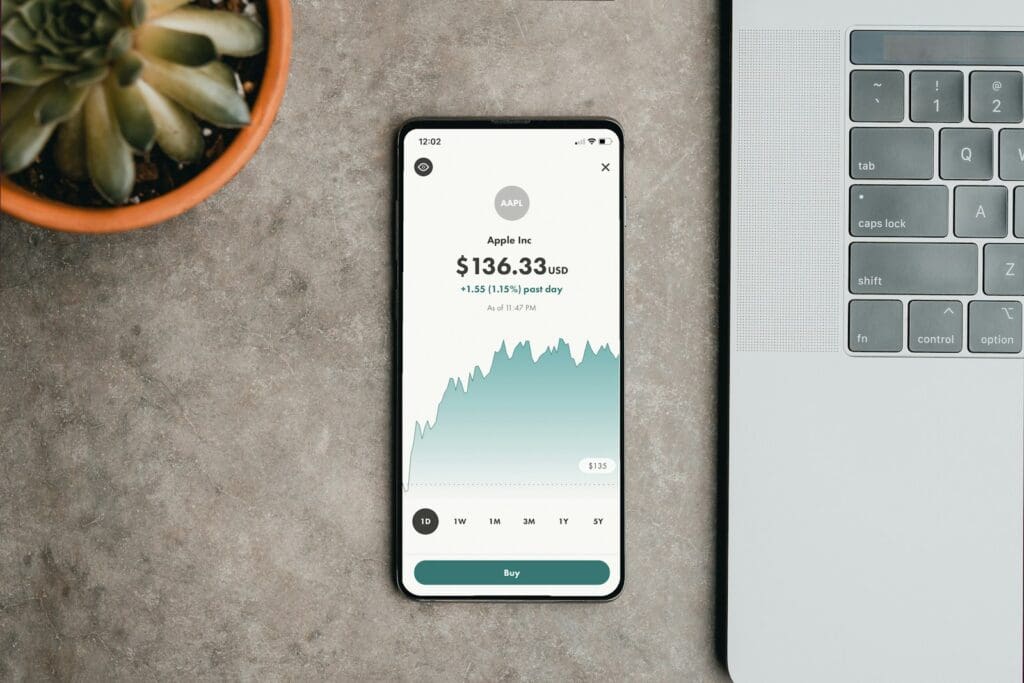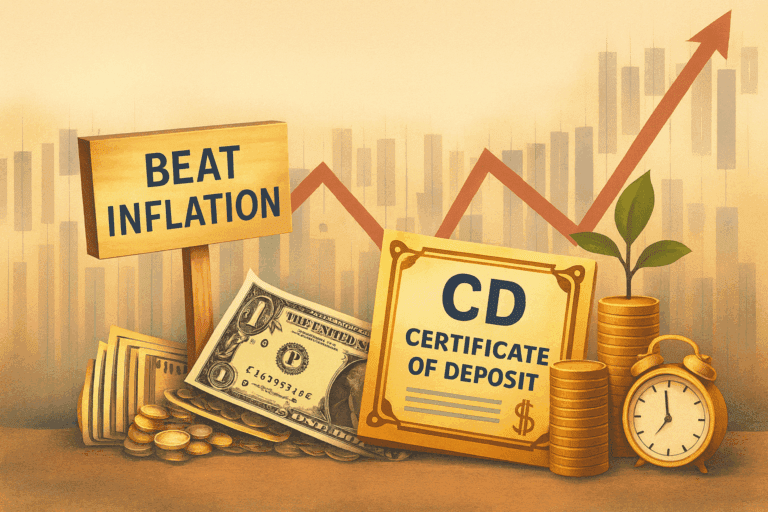It’s easy to make some common mistakes with your bank. After all, not everyone is a financial expert! Even people with a great grasp on finances might just not realize that some of these things are mistakes they need to avoid, too. Here are a few common mistakes to avoid and what you should do instead.
Don’t Make Your Savings Too Easy to Access

Firstly, make sure you’re not making it too easy on yourself to move your finances from your savings account to your checking account. If the barrier between the two is porous, it could be too tempting for you to just move money out of your savings account. Instead of keeping the two at the same bank, consider saving with a different bank than the one you hold your checking account at.
Don’t Make Your Savings Too Hard to Access, Either

Still, there’s such a thing as too much. Don’t tie up all of your savings in things like retirement accounts, certificates of deposit, and other inaccessible financial products. These might be great long-term savings strategies, but you shouldn’t put your emergency funds into these accounts. If you do, you won’t be able to tap those funds on short notice.
Don’t Pay Account Fees

This one is huge. Stop paying fees for your bank accounts. It doesn’t matter how awesome your bank is, you need to bank with someone who doesn’t charge you fees. Banks are lucky to store your money, as it allows them to invest it elsewhere and make tons of extra income. They don’t need to charge you a fee for the privilege of handing them free money. There are plenty of awesome free accounts out there you can sign up for right now.
Don’t Mess with Minimum Balances, Either

While you’re at it, make sure you’re not paying any fees for being under a minimum account balance. Don’t let a bank convince you this is normal, either. There are tons of savings and checking accounts that have no minimum balance requirements and won’t chew up your finances just because you’re not putting enough money into a given account!
Don’t Use Just a Checking Account

If all this talk of savings accounts is making you roll your eyes, this point is for you. You should be saving money in a savings account. Stuffing money in your mattress isn’t going to cut it. And while investing in stocks is often a great idea, it’s not a replacement for a proper emergency fund in a savings account!
How Much to Put in an Emergency Fund?

As a general rule of thumb, you want your savings account to have at least as much money as you’d typically spend in three months. That gives you a good emergency cushion in case you lose your job or run into some other type of financial emergency. It might sound like that’s a lot of money to save up, but it could save you from a genuine financial disaster down the road.
Don’t “Set and Forget” Your Bank Accounts

It’s not a good idea to just drop a bunch of money in a savings account and leave it there forever, either, though. Once your savings account has a good cushion in it for emergencies, start sinking your savings amount into higher-yield investments like mutual funds or a retirement account!
Account Dormancy is a Bad Thing

Beyond this, many banks charge fees for account dormancy. These usually start to apply after a year or so of inactivity with an account. After a certain number of years, most banks simply close inactive accounts. That means your money is just gone! Make sure this doesn’t happen to you by maintaining a manageable number of bank accounts.
Read More: Are High-Yield Savings Accounts Worth it?
Don’t Ignore Local Credit Unions

Depending on where you live, you could have access to some awesome credit unions. Since they’re nonprofits, these institutions can often hook you up with some stellar benefits. After all, they’re funded by members’ accounts, so it behooves them to make you feel welcome!
Read More: 10 Things to Look for in a New Bank
Don’t Forget About Online-Only Options

People over 30 might cringe at this suggestion, but it’s okay to have an online-only bank. Seriously, it’s the 2020s! I promise that banking with someone like Chime, which is entirely app-based, is completely reasonable. Since online banks have lower overhead costs, they’re able to pass the savings along to customers.
Read More: 10 Money Myths Most Likely to Sabotage Your Finances








